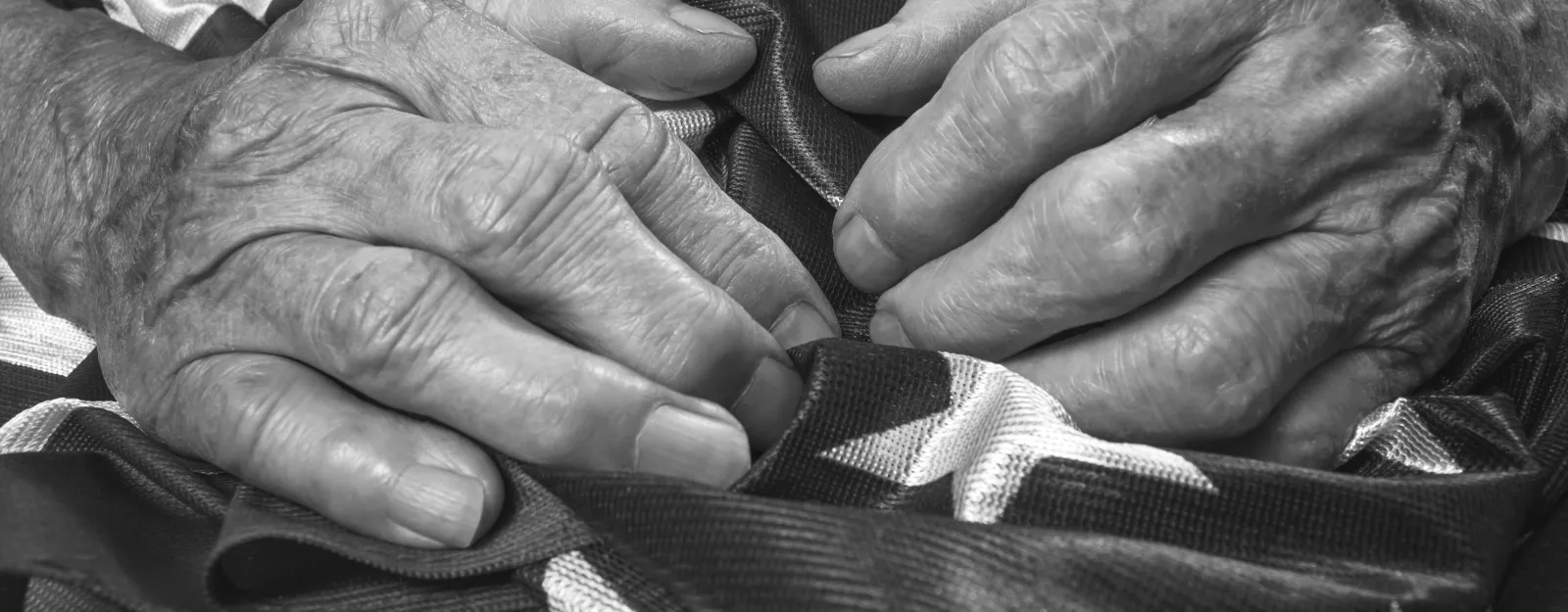Veterans Supportive Housing Program
About MUST Ministries' Veterans Supportive Housing
MUST Ministries’ Veterans Supportive Housing Program is comprised of 18 designated beds in Cobb County, although veterans can be served in any of the approximately 70 MUST beds in Cherokee and Cobb counties. Individuals are required to provide documentation that demonstrates they meet the current HUD definition of chronically homeless (homeless for one year or 4 episodes of homelessness in the past 3 years each of at least 15 days in duration, NOT including staying with friends or family) and also live with a verifiable disability. Veterans must also have their DD-214 document and have been honorably or generally discharged from the military.
Approximately 20 veterans are currently being served in the MUST Supportive Housing programs. In Cherokee, the program maintains 20 scattered-site 2-bedroom apartments, a small community room and a tiny building that houses the 2 case managers providing support for the 40 residents. In Cobb, MUST operates 17 single-site 2-bedroom apartments, a small community area and 2 small offices for the 2 staff providing services to the 36 individuals in the Veterans and Cobb Supportive Housing program.
Program participants must meet regularly with his/her case manager to monitor progress in individual goals that resident has made. Numerous daily living skills are enhanced (i.e., budgets, time management) and data collected on individuals as they work to regain control of their lives and personal circumstances while moving towards individual self-sufficiency. In addition to the one-on-one meetings, residents attend “community meetings” weekly where residents are empowered by opportunities to enhance social and communication skills. These programs are designed to provide long-term support for a specific population with unique needs; it does not impose a limited time frame in which success should be achieved. The MUST program encourages program participants to set their own goals, learn to manage the issues of his/her disability by actively participating in medical, mental health or recovery treatment as appropriate for their situation. There are internal Recovery Support Groups, Bible Study for those that choose to participate and various “special occasion” activities, usually sponsored by groups from the community.
Many of the individuals in the program have no financial resources; others are on fixed incomes amounting to between $600. -1200. monthly. The grant requires those with income to be responsible for 30% of that income as “rent” and, as with all of us, there are food, clothing and transportation costs as well as medical expenses. The maximum “food stamp benefit” is $200 a month, but less if you have an income. The HUD grants fund the apartments, staff and small stipend for transportation and household furnishing. The grant funding the Veterans Program does not include any household monies. MUST supports the needs not met by the grant.


